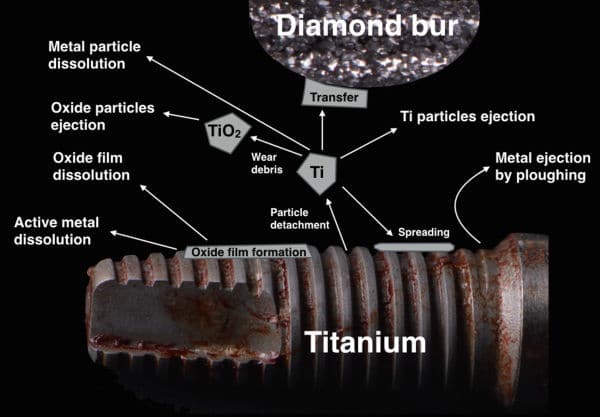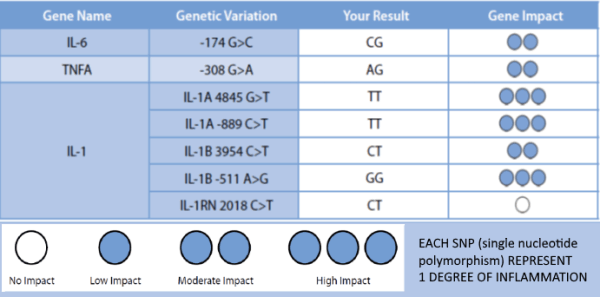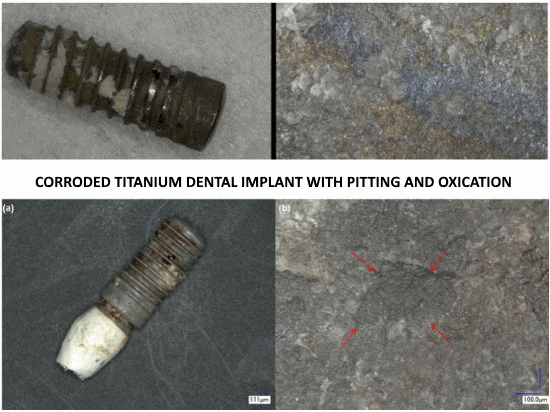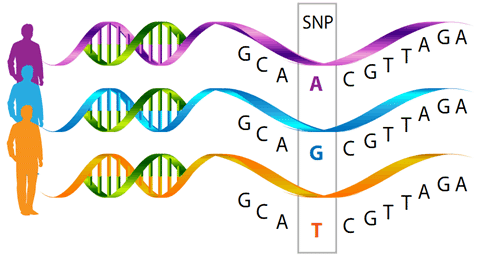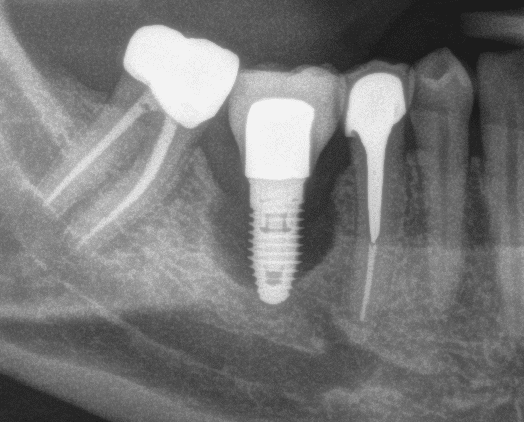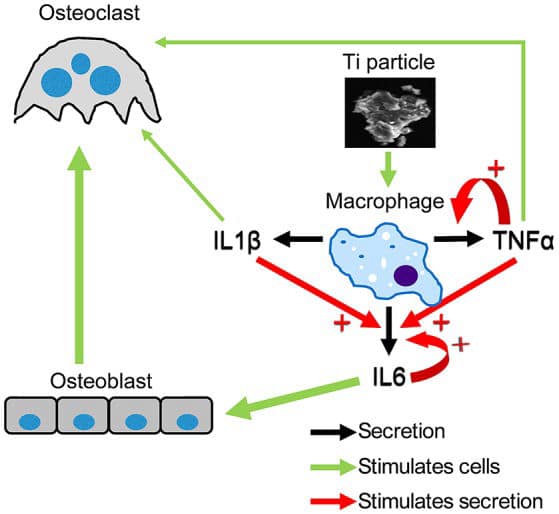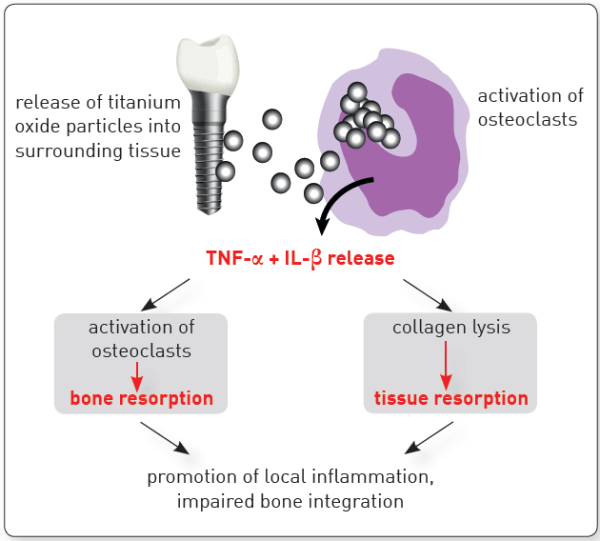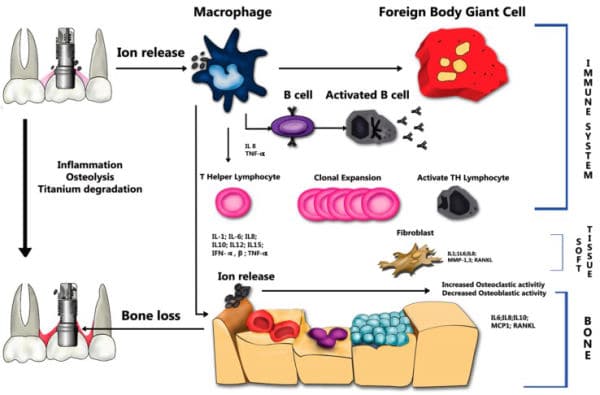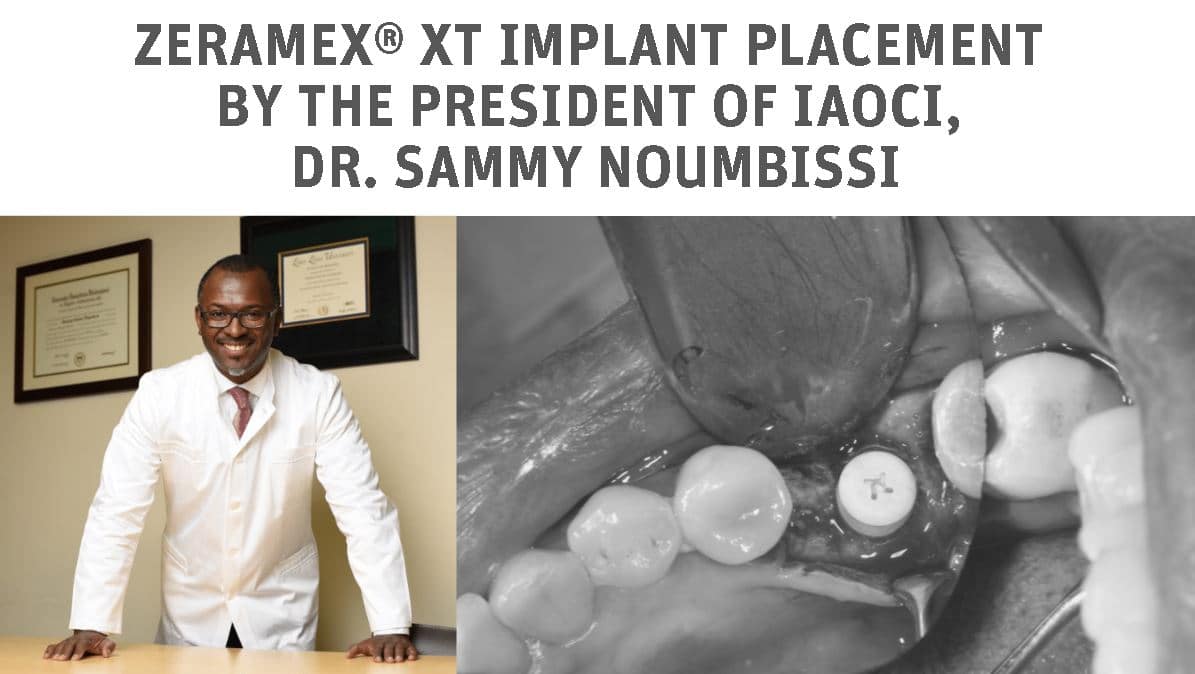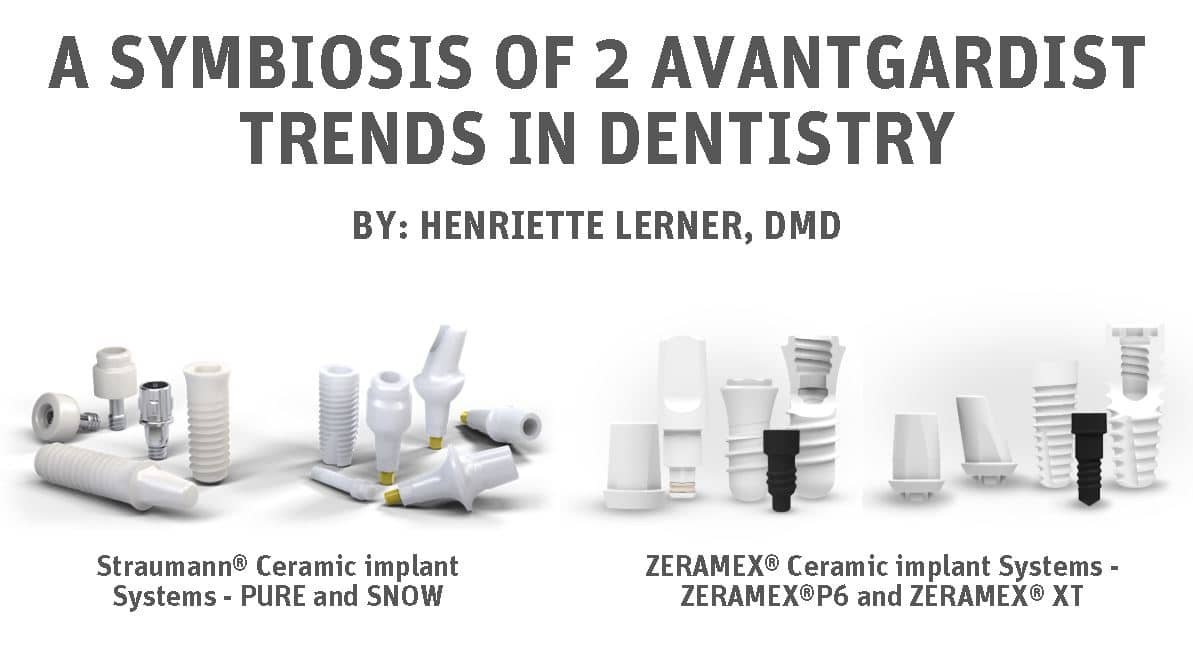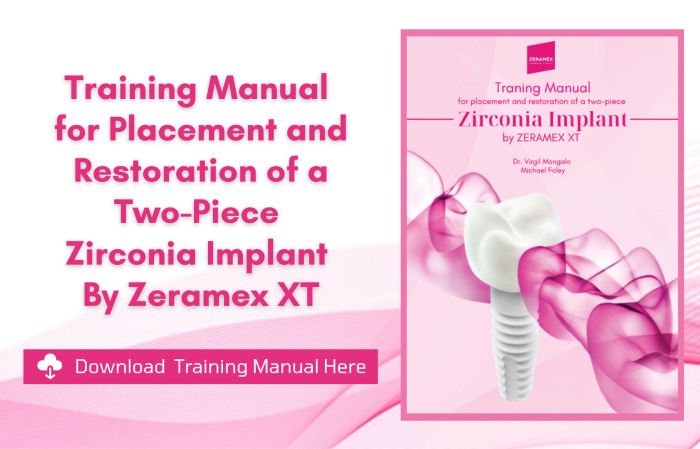Degenerative changes were reported in macrophages and neutrophils that phagocytosed titanium microparticles, and mutations occurred in human cells cultured in medium containing titanium-based nanoparticles.
Author Archives: Administrator
A variety of studies have shown the relationship between peri-implantitis and functionally relevant polymorphisms in the genes of cytokines IL-1A, IL-1B, IL-RN and TNFA.
Using genetic testing allows for the allocation of a certain degree of inflammation to the detected combination of alleles.
Patients with degree 3-4 are considered high responders and are thus risk patients for titanium associated inflammatory processes/ loss of implant.
Particulate metal was identified in peri-implantitis and control biopsies, but element analyses could confirm only the presence of Ti in peri-implantitis tissue.
This study evaluates diagnostic markers to predict titanium implant failure. Retrospectively, implant outcome was scored in 109 subjects who had undergone titanium implant surgery, IL1A -889 C/T (rs1800587), IL1B +3954 C/T (rs1143634), IL1RN +2018 T/C (rs419598) and TNFA -308 G/A (rs1800629) genotyping, in vitro IL-1β/TNF-α release assays and lymphocyte transformation tests during treatment.
Implants with peri-implantitis harbored significantly higher mean levels of titanium (0.85 ± 2.47) versus healthy implants (0.07 ± 0.19) after adjusting for amount of plaque collected per site (P = 0.033).
Here we show that a strong inflammatory response occurs; however, very few of the titanium particles are phagocytosed by the macrophages. We then measured a dramatic Ti particle-induced stimulation of IL1β, IL6, and TNFα secretion by these macrophages using multiplex immunoassay. The particle-induced expression profile, examined by FACS, also indicated an M1 macrophage polarization.
Metal ions in concentrations representing the platform-matched groups led to a reduction in cell viability (P<0.01) up to 7days of exposure. Stimulated cells showed higher rates of early apoptosis (P<0.01) compared to non-treated cells.
The literature surveyed showed that corrosion related to titanium and its alloys has an effect on the health of peri-implant soft and hard tissue and the long term survival of metal dental implants. It can be concluded that presence of the long-term corrosion reaction along with continuous corrosion leads to the release of ions into the peri-implant tissue but also to a disintegration of the implant that contribute to material fatigue and even fracture of the abutments and implant body or both.
Sammy Noumbissi, DDS MS has been a ceramic implant specialist for over ten years. He received his DDS from Howard University College of Dentistry in Washington, DC in 1998. He also has earned both a certificate in Implant Dentistry and a Masters of Science in Implant Surgery.
The “metal-free” trend has long been apparent starting with crowns and bridge prosthesis and by extension is also now evident in implantology, Titanium implants are subject bio corrosion, especially in the presence of lipopolysaccharides from bacterial walls and that titanium particles have been found in the peri-Implantary hard and soft tissues.
